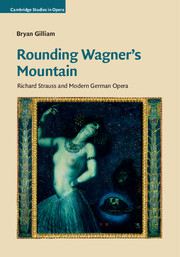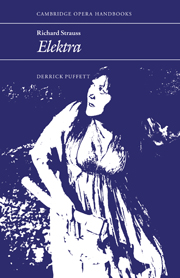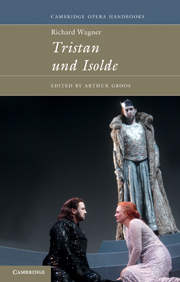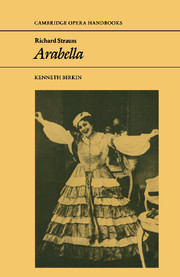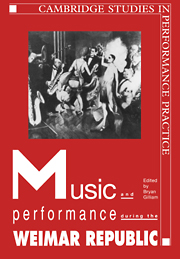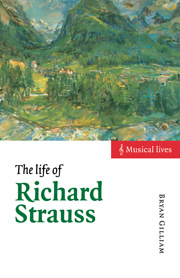Rounding Wagner's Mountain
Richard Strauss' fifteen operas, which span the years 1893 to 1941, make up the largest German operatic legacy since Wagner's operas of the nineteenth century. Many of Strauss's works were based on texts by Europe's finest writers: Oscar Wilde, Hugo von Hofmannsthal and Stefan Zweig, among others, and they also overlap some of the most important and tumultuous stretches of German history, such as the founding and demise of a German empire, the rise and fall of the Weimar Republic, the period of National Socialism, and the post-war years, which saw a divided East and West Germany. In the first book to discuss all Strauss's operas, Bryan Gilliam sets each work in its historical, aesthetic, philosophical, and literary context to reveal what made the composer's legacy unique. Addressing Wagner's cultural influence upon this legacy, Gilliam also offers new insights into the thematic and harmonic features that recur in Strauss's compositions.
- The first book to analyse comprehensively all fifteen of Richard Strauss's operas
- Explores how Richard Strauss made use of post-Wagnerian techniques but also forged his own path as a composer
- Examines Strauss's works as a lifetime project with important recurring themes, such as late-industrial materialism, egoism and humanism
Reviews & endorsements
"… [a] fine piece of work … beautifully written, subtle, authoritative and perceptive … elegant and important … [This] book is refreshingly literate, learned, economical and unerringly incisive."
Leon Botstein, President, Bard College
Product details
November 2014Adobe eBook Reader
9781316120972
0 pages
0kg
17 b/w illus. 3 tables 135 music examples
This ISBN is for an eBook version which is distributed on our behalf by a third party.
Table of Contents
- Preface
- Introduction
- A musical-analytical postscript
- 1. Guntram and the crisis of German musical metaphysics
- 2. Élan vital: Feuersnot, Salome, and radical individualism
- 3. The way to the social: Elektra and Der Rosenkavalier
- 4. Intermezzo: Ariadne and her transformations
- 5. The marriage operas: Die Frau ohne Schatten, Intermezzo, and Die ägyptische Helena
- 6. Composing without Hofmannsthal: Arabella and Die schweigsame Frau
- 7. The politics of peace: Friedenstag and Daphne
- 8. Opera in time of war: Die Liebe der Danae and Capriccio.

